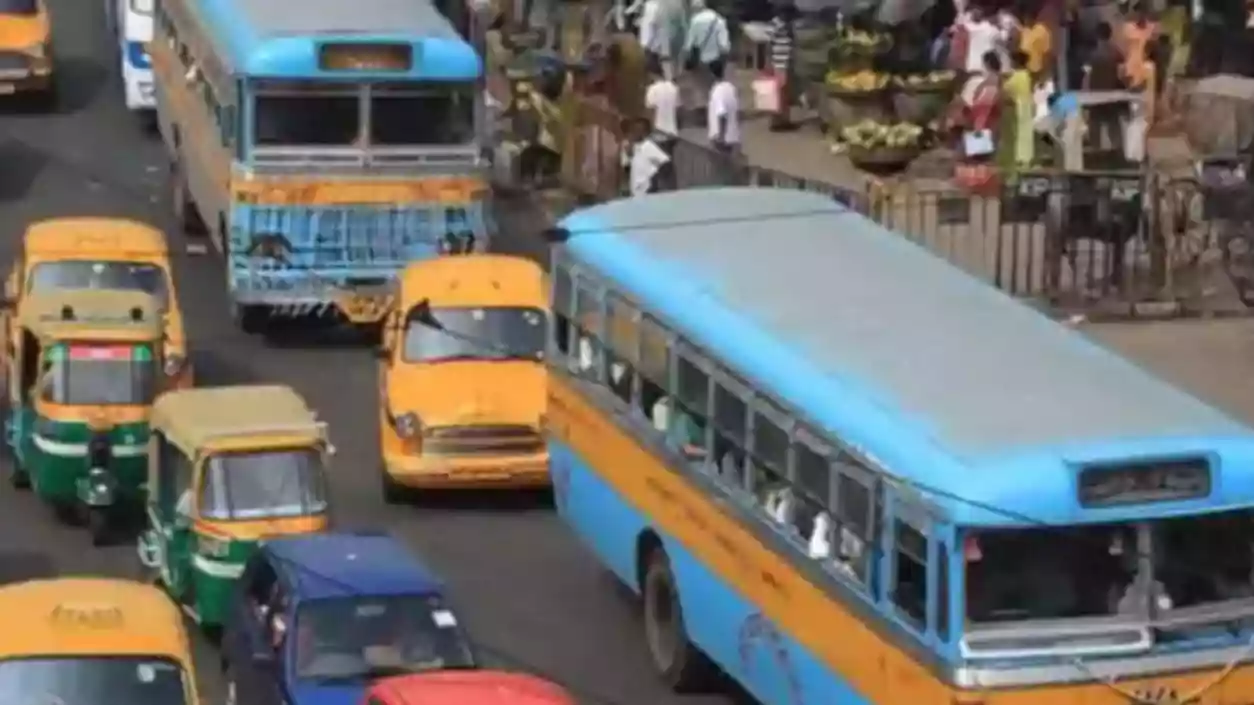.gif)
.gif)

The West Bengal Transport Department has drafted a new Standard Operating Procedure (SOP) for regulating private buses in the state, focusing on enhancing safety measures and reducing road accidents. The draft includes specific rules aimed at controlling bus operations, ensuring better passenger safety, and enforcing discipline among bus staff. One of the key provisions prohibits buses from stopping at unauthorized locations. Buses are restricted to stopping only at designated bus stands, and they are not allowed to move more than 30 meters beyond these stands. Additionally, buses will be limited to a one-minute stop at any bus stand, with the intent to avoid unnecessary delays. Violations of these stopping regulations will result in penalties or fines for drivers and conductors.
The draft also includes regulations to improve passenger interactions with bus staff. It mandates that all buses display a government-approved fare chart, which must be clearly visible to passengers at all times. This measure aims to reduce conflicts over fare discrepancies between passengers and conductors. Bus drivers and conductors will be required to wear uniforms that are easily identifiable, promoting accountability and professionalism. Furthermore, in the case of an accident, the SOP requires that the driver or conductor immediately report the incident to the local police station, ensuring timely legal action and response.
Another significant provision in the draft is the requirement for periodic refresher training courses for bus drivers and conductors every three years. These courses will focus on updating personnel on current traffic laws, safety protocols, and handling passenger-related issues. The SOP also includes guidelines for bus owners, urging them to take a more active role in training their staff in traffic laws, passenger safety, and communication.
Private bus operators have raised concerns about the draft, particularly the provision that mandates the elimination of the commission system for fare collection. The commission system, in which conductors are paid a percentage of the fares collected, is a common practice in the state’s private bus sector. Bus associations argue that removing this system would negatively impact the livelihood of their staff and disrupt their operations. Additionally, these organizations have pointed out that the draft does not address the safety and working conditions of drivers and conductors, a key issue they believe should be prioritized alongside passenger safety.
The West Bengal government, however, has emphasized that the SOP is designed to address the increasing number of accidents involving public transport and to bring order to the often chaotic operation of private buses. According to government sources, the draft is aimed at creating a safer and more regulated public transport system, and further discussions with private bus operators will continue to address concerns and fine-tune the provisions.